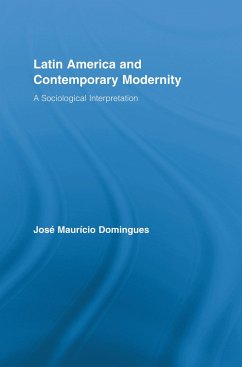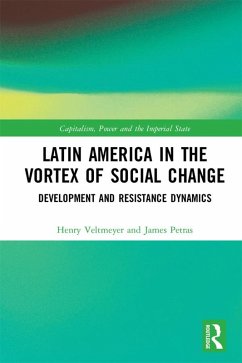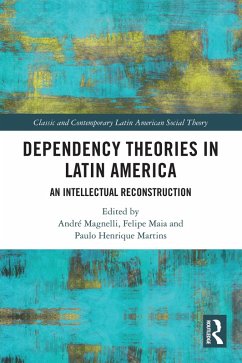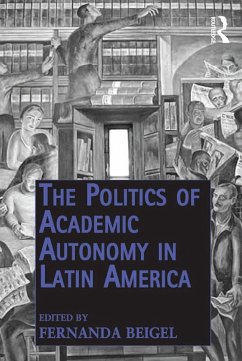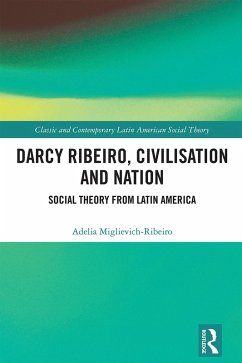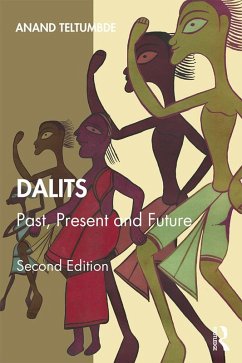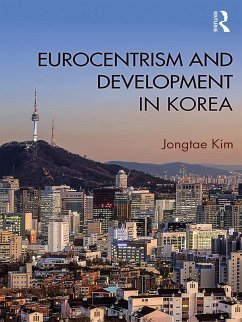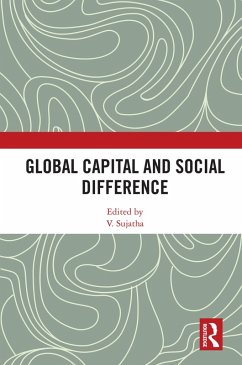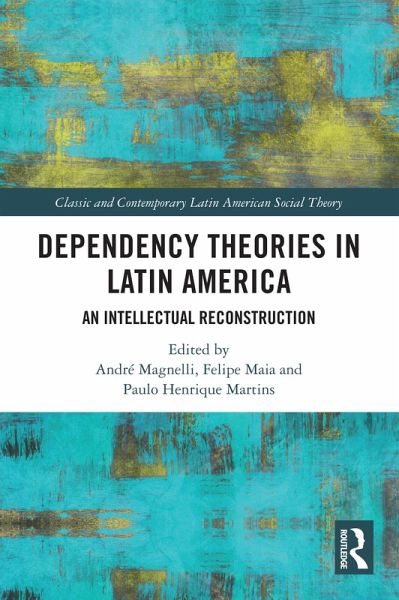
Dependency Theories in Latin America (eBook, PDF)
An Intellectual Reconstruction
Redaktion: Magnelli, André; Martins, Paulo Henrique; Maia, Felipe
Versandkostenfrei!
Sofort per Download lieferbar
42,95 €
inkl. MwSt.
Weitere Ausgaben:

PAYBACK Punkte
21 °P sammeln!
This book offers a discussion of the origins of Latin American dependency theories and their implications for contemporary social theory. The book explores the conditions of emergence of this intellectual movement, the trajectories of some of its main formulators, as well as the circulation of their ideas, their reception in other contexts, and their influence on other theoretical formulations and problems of the present. The book is aimed at social scientists interested in broadening the scope of social theory towards the Global South, in processes of knowledge circulation between central and...
This book offers a discussion of the origins of Latin American dependency theories and their implications for contemporary social theory. The book explores the conditions of emergence of this intellectual movement, the trajectories of some of its main formulators, as well as the circulation of their ideas, their reception in other contexts, and their influence on other theoretical formulations and problems of the present. The book is aimed at social scientists interested in broadening the scope of social theory towards the Global South, in processes of knowledge circulation between central and semi-peripheral regions, as well as in understanding the problems of dependency, modernisation, and development processes in Latin America. The book can be used both as an introduction to these themes and to delve deeper into specific issues.
Dieser Download kann aus rechtlichen Gründen nur mit Rechnungsadresse in A, B, BG, CY, CZ, D, DK, EW, E, FIN, F, GR, HR, H, IRL, I, LT, L, LR, M, NL, PL, P, R, S, SLO, SK ausgeliefert werden.




